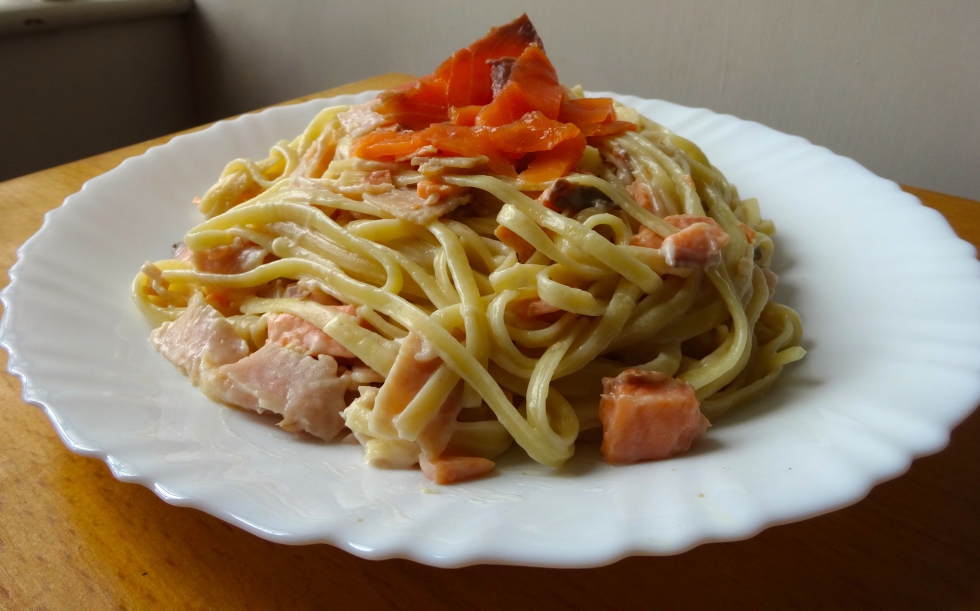Though food’s primary job is to keep humans alive, we rely on food for much more than satiating hunger. Have you ever wondered why a pint of rocky road ice cream is the only way to cure a broken heart, and thoughts of your mom’s homemade enchiladas can quickly induce a bout of homesickness? Eating not only has the ability to influence our emotions, but through specific cravings, we are also able to assess our own psychological and physiological wellbeing. Here are three common food cravings your body uses to tell you something.
1. Junk food

Photo by Anastasia Yip
We’ve all been there: it is 1am and you are up are studying for that nasty midterm in the morning. You are running on a few hours of sleep, and absolutely nothing sounds better than a bag of greasy potato chips and a jumbo pizza from your favorite Italian joint. While you may have never made the connection between exhaustion and comfort food cravings, researchers have found that high caloric food not only gives us the quick boost of energy we are looking for, but junk food also activates the pleasure and reward receptors in the tired human brain, acting as an emotional pick-me-up.
Because we are less likely to crave and succumb to the lure of unhealthy food when we are well rested, dropping a few pounds may be as easy as getting a good night’s sleep.
2. Carbs with a side of carbs

Photo by Anastasia Yip
While carbs are nature’s gift to the human appetite, pasta and bread do more than just satisfy your empty stomach and your craving taste buds. All carbohydrates produce serotonin, a feel-good hormone that not only brightens your mood but also acts as a natural appetite suppressant that makes you feel satisfied even when your stomach is not full. Because serotonin can only be made from starchy and sweet foods, we are more likely to indulge in the breadbasket if we are feeling anxious and stressed.
Instead of impulsively indulging in the natural antidepressant, assess your mood and find out out if that cinnamon roll calling your name is not just the product of a rough week.
3. Chocolate is a woman’s best friend

Photo by Anastasia Yip
Though recent studies have shown that chocolate is the most craved food by both men and women, the female population is more likely to experience these cravings. During that time of the month, women’s hormones are in constant fluctuation. When estrogen and progesterone levels drop and cortisol, the stress hormone, increases, a woman’s mood can be seriously affected; like carbohydrates, chocolate increases the natural mood-lifters, dopamine and serotonin, in the brain. Others have argued that deficiencies in either magnesium or iron (which are heightened during menstruation), induce cravings in women, as chocolate is high in both minerals.
Instead of yielding to chocolate’s siren call, doctors suggest eating leafy greens to satisfy the nutrients your body is craving (with fewer calories) and practice moderate cardio exercises to release endorphins in the brain that can naturally lift your mood.
The next time your raging sweet tooth rears its head, question the motives of your cravings and think twice about indulging.

